What treatment
10+ Highly Rated PTSD Treatment Ibogaine Therapy Clinics in Mexico
Reach Out to These Certified PTSD Treatment Ibogaine Therapy Clinics List in Mexico Loved by Patients!
New Path Ibogaine in Rosarito Beach, Mexico
Overview
Discover safe and effective Ibogaine Treatment in Rosarito Beach, Mexico at New Path. Transform addiction recovery with professional care and lasting results.
Read more details
Ibogaine Cancun
Overview
Ibogaine Cancun provides addiction treatment for cocaine, opiates, alcohol, and more at a top wellness and rehabilitation center in Cancun, Mexico.
Read more details
Casa Renacimiento
Overview
Discover Casa Renacimiento in Tijuana, Mexico, offering addiction treatment with personalized care, holistic therapies, and a supportive recovery environment.
Read more detailsCasa Santa Isabel
Overview
Discover top Ibogaine treatment at Casa Santa Isabel in Tijuana, Mexico. Experience effective care in a serene environment. Book now at PlacidWay!
Read more detailsDiscover your treatment options with a free, no-obligation quote!
Get your quote now!Ibogaine by David Dardashti
Overview
Get ibogaine treatment in Playa del Carmen, Mexico by David Dardashti. Celebrating 15 Years of Groundbreaking Ibogaine Treatments and Transforming Thousands of Lives!
Read more detailsLifes Oasis Vallarta
Overview
Discover Lifes Oasis Vallarta in Puerto Vallarta, Mexico. Expert addiction recovery with personalized care, holistic therapies, and serene coastal surroundings.
Read more detailsViraha Wellness Center
Overview
Viraha Wellness Center in Los Cabos REDEFINES the traditional application of Ibogaine by incorporating the Tomatis® Method, Access Bars®, and other proven modalities.
Read more detailsExperience Ibogaine Treatment Center
Overview
Experience Ibogaine Treatment Center is the best addiction clinic in Tijuana, Mexico, offering personalized ibogaine therapy and expert aftercare. Contact us today for free consultation.
Read more detailsDiscover your treatment options with a free, no-obligation quote!
Get your quote now!Beond Ibogaine
Beond Ibogaine offers top addiction and wellness treatments in Cancun, Mexico, providing effective, holistic care for lasting recovery and improved well-being.
Genesis Ibogaine Clinic
Genesis Ibogaine Clinic provides best Addiction Treatment in Rosarito, Mexico. Book online now Heroin Addiction, Cocaine Addiction, and Alcohol Addiction at Genesis Ibogaine Clinic.
MindScape Retreat
MindScape Retreat in Cozumel, Mexico offers holistic addiction treatment with expert care, serene surroundings, and personalized recovery programs.
Renovación de Vida
Renovación de Vida is a Drug Rehab Clinic in Tijuana, Mexico providing opportunity for drug addicts to transform their lives and live healthier and happier.
Which are the best PTSD Treatment Ibogaine Therapy clinics in Mexico?
Choosing the best PTSD Treatment Ibogaine Therapy clinic in Mexico involves looking at patient testimonials, safety protocols, and comprehensive care offerings. Top-rated options often include New Path Ibogaine in Rosarito Beach, Ibogaine Cancun, Casa Santa Isabel, Ibogaine by David Dardashti, and Viraha Wellness Center. These facilities are recognized for their integrated approaches to healing and patient-focused environments. Always research thoroughly to match a clinic's strengths with your specific needs.
When considering PTSD treatment with Ibogaine therapy in Mexico, several clinics stand out due to their patient reviews, range of services, and commitment to safety. It's really about finding a place that resonates with your personal healing journey.
- New Path Ibogaine in Rosarito Beach, Mexico: Known for its professional care and integrated approach to addiction recovery, extending to PTSD. They focus on combining medical supervision with holistic therapeutic methods.
- Ibogaine Cancun: This clinic is highly rated, with many patients praising its comfortable environment and effective treatment protocols for various conditions, including PTSD. They emphasize personalized care.
- Casa Santa Isabel: Located in Tijuana, this center is noted for its serene setting and dedicated staff, providing an experience that many patients describe as transformative for trauma and addiction.
- Ibogaine by David Dardashti: With a strong focus on individualized care in Playa Del Carmen, this clinic is recognized for its extensive experience and emphasis on patient-centered recovery plans.
- Viraha Wellness Center: Situated in Cabo San Lucas, this center offers a unique blend of traditional ibogaine therapy with innovative modalities, creating a holistic healing experience that addresses both physical and psychological aspects of PTSD.
Researching patient experiences and understanding each clinic's specific therapeutic philosophy will help you determine the best fit for your healing journey.
How do I choose a reputable PTSD Treatment Ibogaine Therapy clinic in Mexico?
To choose a reputable PTSD Treatment Ibogaine Therapy clinic in Mexico, prioritize facilities with verifiable medical licenses, robust safety protocols including EKG monitoring, and comprehensive pre-treatment screening. Look for transparent communication about their therapeutic models, qualified staff (doctors, nurses, therapists), and structured aftercare programs that support long-term psychological integration for PTSD. Personal testimonials and accreditations are also key indicators of quality care.
Finding a reliable clinic for your PTSD treatment using Ibogaine therapy is a crucial step. It's essential to look beyond basic services and delve into the core operational aspects of each facility.
- Verify Licensing and Accreditations: Ensure the clinic operates under a valid Mexican health license. While Ibogaine itself isn't federally regulated as a medication, the facilities offering it must adhere to general medical standards. Ask for their COFEPRIS (Federal Commission for the Protection against Sanitary Risks) license.
- Review Medical Protocols and Safety: A reputable clinic will have clear, stringent safety measures. This includes pre-treatment medical evaluations (like EKG and blood tests), continuous cardiac monitoring during the Ibogaine session, and trained medical staff (doctors, nurses) available 24/7, ideally certified in Advanced Cardiac Life Support (ACLS).
- Evaluate Staff Qualifications: The expertise of the medical and therapeutic team is paramount. Inquire about their experience with Ibogaine specifically, their credentials in addiction and trauma treatment, and whether they have licensed psychologists or counselors for integration work.
- Understand Their Therapeutic Model: Some clinics offer a purely medical approach, while others integrate holistic or spiritual elements. Understand which model they follow and ensure it aligns with your expectations for PTSD treatment and psychological support.
- Assess Aftercare and Integration Programs: Long-term recovery from PTSD with Ibogaine heavily relies on what happens after the main session. A quality clinic will provide structured aftercare plans, including integration counseling, to help you process the experience and apply insights to daily life.
What are the safety measures for Ibogaine therapy at Mexican clinics?
Safety measures at reputable Mexican Ibogaine clinics for PTSD therapy include mandatory comprehensive medical pre-screening, continuous cardiac monitoring (EKG) throughout the treatment, and on-site Advanced Cardiac Life Support (ACLS) certified medical professionals. They also manage medication interactions, provide a controlled environment, and offer immediate emergency intervention capabilities to mitigate inherent cardiovascular risks associated with Ibogaine.
Safety is the absolute cornerstone of any effective Ibogaine therapy, particularly for patients with PTSD. The substance can have significant physiological effects, making robust medical oversight non-negotiable.
Key safety protocols you should expect from a leading clinic include:
- Thorough Pre-screening: Before you even arrive, clinics will require a full medical history, blood tests (to check liver and kidney function, electrolytes), and an EKG to assess cardiac health. This helps identify any pre-existing conditions that could make Ibogaine unsafe.
- 24/7 Medical Supervision: During your stay, especially during the acute phase of Ibogaine administration, you should be under constant supervision by licensed doctors and nurses. These professionals monitor your vital signs and overall well-being.
- Continuous Cardiac Monitoring: Due to Ibogaine's potential impact on heart rhythm, continuous EKG monitoring is critical. A reliable clinic will have you hooked up to an EKG machine throughout the primary treatment period.
- Emergency Preparedness: The medical team should be trained in Advanced Cardiac Life Support (ACLS) and have immediate access to emergency equipment like defibrillators, oxygen, and emergency medications. They should be able to respond swiftly to any adverse events.
- Controlled Environment: The treatment setting should be calm, sterile, and designed to minimize external stressors, supporting both physical safety and the therapeutic process.
- Medication Management: Strict protocols are in place for managing any medications you may be taking, including safe tapering of substances that could interact negatively with Ibogaine.
What is the typical duration of stay for PTSD Ibogaine treatment in Mexico?
A typical stay for PTSD Ibogaine treatment in Mexico usually spans 7 to 14 days. This timeframe allows for essential pre-treatment medical evaluations and stabilization, the Ibogaine therapy session itself (which can last over a day), and a crucial post-treatment period for physical recovery, psychological integration, and initial aftercare planning to maximize therapeutic benefits. Shorter stays often compromise safety and efficacy.
The duration of your stay at an Ibogaine clinic for PTSD in Mexico is carefully structured to ensure both your safety and the effectiveness of the treatment. It's not a quick fix, and the process requires dedicated time for preparation and integration.
Here's a common breakdown of what a typical 7-10 day program might involve:
- Days 1-2: Arrival and Assessment. These initial days are vital for settling in, completing final medical checks (including on-site EKG, if not done remotely), and engaging in preparatory discussions with medical staff and therapists. This ensures you're medically stable and psychologically ready.
- Day 3: Ibogaine Treatment. The main Ibogaine session typically takes place on this day. The psychoactive effects can last anywhere from 12 to 36 hours, and you will be under continuous medical observation during this time.
- Days 4-7+: Recovery and Integration. The days immediately following the Ibogaine session are crucial for physical recovery and processing the profound psychological insights gained. This period includes rest, nutritious meals, and initial integration therapy sessions with counselors. Some complex PTSD cases may benefit from an extended stay of up to two weeks to deepen this integration work.
It's important that the clinic's timeline prioritizes your well-being over speed. A shorter stay could rush critical phases, potentially impacting your safety and the long-term success of the treatment.
How do Mexican clinics provide psychological support for PTSD Ibogaine patients?
Mexican Ibogaine clinics offer psychological support for PTSD patients through a multi-stage process involving pre-treatment counseling, supportive guidance during the Ibogaine session, and extensive post-treatment integration therapy. This comprehensive approach helps patients prepare mentally, process traumatic memories with emotional detachment during the experience, and integrate newfound insights into lasting recovery, often working with licensed psychologists and trauma-informed therapists.
Psychological support is an indispensable component of successful Ibogaine therapy for PTSD. Ibogaine can facilitate profound introspection and bring suppressed memories and emotions to the surface, making expert guidance essential.
Reputable Mexican clinics integrate psychological care throughout the patient's journey:
- Pre-Treatment Counseling: Before receiving Ibogaine, patients engage in sessions with a therapist or counselor. These sessions focus on setting intentions, discussing trauma history and triggers, and mentally preparing for the intense, introspective experience. This preparation helps to orient the patient towards a productive and healing journey.
- Support During the Session: While the Ibogaine experience is largely internal, a compassionate and trained staff member or therapist is often present to offer gentle reassurance or intervention if a patient experiences distress. Their presence helps maintain a sense of safety and support.
- Post-Treatment Integration Therapy: This is arguably the most critical phase for PTSD recovery. The days and weeks following the Ibogaine session are dedicated to integration. Patients participate in one-on-one or group counseling to process the visions, insights, and emotional releases that occurred during the treatment. The goal is to help patients make sense of their experience and translate those profound insights into practical strategies for managing PTSD symptoms and building a healthier life.
- Trauma-Informed Care: Many clinics employ therapists who specialize in trauma, ensuring that the psychological support provided is sensitive to the unique needs of PTSD patients.
Are Ibogaine clinics in Mexico licensed and regulated for PTSD treatment?
While Ibogaine isn't specifically approved or regulated as a PTSD treatment by Mexican federal health authorities, reputable clinics operate legally under general licenses for private medical facilities or rehabilitation centers. These licenses are issued and overseen by COFEPRIS (Mexico's health regulatory body), ensuring the clinic adheres to established medical standards for safety, hygiene, and qualified staff. Always confirm a clinic's current licensing and certifications.
Navigating the regulatory landscape for Ibogaine clinics in Mexico can be a bit confusing, as the substance itself falls into a "grey area" of legality. It's not outright prohibited, which allows clinics to operate, but it's not explicitly approved as a medication for PTSD in the same way traditional pharmaceuticals are.
However, the key distinction is that the *facilities* providing Ibogaine therapy are subject to regulation.
- Facility Licensing: Legitimate Ibogaine clinics in Mexico operate under a government-issued license, typically as a general health clinic, a specialized addiction treatment center, or a rehabilitation facility. This license means they must meet certain standards for medical practice, infrastructure, and staffing.
- COFEPRIS Oversight: These licenses are issued and monitored by COFEPRIS, which is Mexico's equivalent of the FDA. COFEPRIS inspections cover aspects like the cleanliness of the facility, the availability of emergency equipment, and the qualifications of the medical personnel.
- Patient Verification: A responsible clinic will be transparent about its licensing and provide documentation upon request. This allows patients to verify that the facility meets recognized health and safety standards.
- Distinguish from Underground Operations: This regulatory framework helps distinguish professional, medically-supervised clinics from informal or "underground" providers, which lack oversight and pose significant risks to patient safety.
What aftercare support is available from Mexican Ibogaine clinics for PTSD?
Mexican Ibogaine clinics offer crucial aftercare for PTSD, typically including a personalized integration plan, remote follow-up therapy sessions (via phone or video), and connections to mental health professionals in your home country. This comprehensive support helps patients process their Ibogaine experience, develop new coping strategies, and sustain long-term healing by addressing ongoing psychological needs after leaving the clinic environment.
The success of Ibogaine therapy for PTSD doesn't end when you leave the clinic; in fact, the aftercare period is paramount for solidifying your progress and integrating the profound experience into your daily life. A reputable Mexican clinic understands this and provides robust support.
Typical aftercare components include:
- Personalized Integration Plan: You should leave the clinic with a clear, individualized plan outlining steps for continued healing. This might include recommendations for ongoing therapy, lifestyle adjustments, mindfulness practices, and strategies for managing potential triggers related to your PTSD.
- Remote Therapy/Coaching: Many clinics offer follow-up sessions via video calls or phone with a therapist or integration coach. These sessions are crucial for processing lingering emotions, making sense of insights gained during the Ibogaine journey, and navigating challenges as you return to your routine. These can extend for several weeks or even months.
- Referral Network: Clinics often have a network of trusted therapists or mental health professionals in patients' home countries. They can help connect you with local support to ensure continuity of care and a smooth transition.
- Community Support: Some facilities foster a community among their former patients, providing a safe space for sharing experiences and offering mutual support through online forums or group calls.
- Educational Resources: Providing access to articles, books, and workshops that further explain psychological integration and trauma recovery techniques can empower patients to take an active role in their ongoing healing.
How do clinics screen patients for PTSD Ibogaine therapy suitability?
Clinics screen PTSD patients for Ibogaine therapy suitability through a rigorous two-part assessment: a comprehensive medical evaluation (including EKG, blood tests for liver function and electrolytes, and full health history) to ensure physical safety, and a psychological assessment (detailed mental health history, PTSD severity, and current emotional stability) to prepare for Ibogaine's intense psycho-spiritual effects and confirm psychological readiness. This dual screening is crucial for safety and efficacy.
A responsible Ibogaine clinic in Mexico will prioritize patient safety by conducting thorough screening processes. This isn't just a formality; it's designed to ensure you are a suitable candidate for the therapy and to minimize potential risks, especially important for individuals dealing with PTSD.
The screening typically involves two main components:
-
Medical Screening:
- Detailed Health Questionnaire: You'll fill out an extensive form about your past and present medical conditions, surgeries, and family health history.
- Blood Work: This includes tests to check liver and kidney function, electrolyte levels (like potassium and magnesium, which are vital for heart health), and overall blood chemistry.
- Electrocardiogram (EKG/ECG): A critical test to evaluate your heart's electrical activity. Clinics look for any signs of underlying heart conditions, particularly a prolonged QT interval, which is a major contraindication for Ibogaine.
- Medication Review: A thorough assessment of all medications, supplements, and substances you are currently taking to identify any potential dangerous interactions with Ibogaine. Safe tapering of certain medications may be required well in advance.
-
Psychological Screening:
- Mental Health History: Discussions about your PTSD diagnosis, its severity, past traumas, previous treatments, and any co-occurring mental health conditions (like depression or anxiety).
- Current Mental State: An evaluation of your emotional stability and readiness to engage with an intense, introspective experience. This helps therapists understand your needs and tailor support.
- Therapeutic Goals: Exploring your intentions for treatment and what you hope to achieve helps the clinical team prepare you and provide targeted integration support.
What complementary therapies are offered at Mexican Ibogaine clinics for PTSD?
Many Mexican Ibogaine clinics complement PTSD treatment with holistic therapies like yoga, meditation, breathwork, massage, and nutritional counseling. These aim to support physical detoxification, calm the nervous system, reduce stress, and promote mental well-being, enhancing the Ibogaine experience and aiding in the long-term integration of insights for sustainable PTSD recovery. Some also offer NAD+ IV therapy or psychotherapy.
Reputable Ibogaine clinics in Mexico often adopt a holistic approach to PTSD treatment, recognizing that healing encompasses the mind, body, and spirit. They integrate various complementary therapies designed to support the intense Ibogaine experience and facilitate lasting recovery.
Common complementary therapies include:
- Yoga and Meditation: Gentle yoga sessions and guided meditation practices help calm the nervous system, reduce anxiety, and improve emotional regulation. These practices are excellent tools for managing the hyper-arousal often associated with PTSD.
- Breathwork: Guided breathing exercises can help release stored trauma, promote relaxation, and enhance body-mind connection, which is crucial for individuals with PTSD.
- Massage Therapy: Therapeutic massage can alleviate physical tension and stress, contributing to overall relaxation and comfort during the detoxification and integration phases.
- Nutritional Counseling and Healthy Meals: A diet rich in nutrients supports brain health and physical recovery. Clinics often provide wholesome, organic meals and may offer guidance on maintaining a healthy diet post-treatment to aid long-term well-being.
- Nature Exposure: Many clinics are located in serene natural settings, offering opportunities for walks or time outdoors. Connection with nature is known to reduce stress and promote a sense of calm.
- NAD+ IV Therapy: Nicotinamide Adenine Dinucleotide (NAD+) infusions are often used to support cellular repair, boost energy levels, and replenish neurotransmitters, which can be beneficial after the physiological impact of Ibogaine.
- Psychotherapy and Integration Sessions: As mentioned, ongoing talk therapy and integration counseling are fundamental, helping patients process and apply the profound insights from Ibogaine to their daily lives.
What should international patients know when seeking PTSD Ibogaine treatment in Mexico?
International patients seeking PTSD Ibogaine treatment in Mexico should prioritize clinics with comprehensive medical screening and transparent safety protocols. Expect assistance with travel logistics (airport pickup), English-speaking staff, and clear communication regarding treatment plans and aftercare. Research Mexican customs, ensure travel insurance coverage, and confirm the clinic's legitimate licensing to ensure a safe, supported, and effective therapeutic journey.
Traveling abroad for medical treatment, especially for a sensitive condition like PTSD and a potent therapy like Ibogaine, requires careful planning. International patients, primarily from countries where Ibogaine therapy isn't readily available, should be well-informed.
Here are key considerations for international patients:
- Travel Logistics and Assistance: Reputable clinics often assist with travel arrangements. This typically includes guidance on which airport to fly into (e.g., San Diego for border clinics in Tijuana) and arranging safe, private transportation from the airport to the facility, often across international borders.
- Language and Communication: The vast majority of clinics catering to international patients will have bilingual staff, with English being the primary language for communication, consultations, and therapy sessions. This ensures clear understanding throughout your treatment.
- Visa and Entry Requirements: Research Mexico's entry requirements for your nationality. While many countries have visa-free access for short stays, confirming this beforehand is crucial.
- Medical Insurance: Standard travel insurance might not cover experimental treatments or medical tourism. Investigate specialized medical travel insurance that covers the specific procedures and any potential complications.
- Cultural Sensitivity: While clinics are accustomed to international patients, understanding basic Mexican customs can enhance your overall experience and show respect for the local culture.
- Legal Status: Understand that while Ibogaine is not illegal in Mexico, it's not federally regulated as a medical treatment. Focus on clinics that operate under general health licenses and uphold strict medical standards to ensure safety.
- Financial Planning: Ensure you have a clear understanding of all costs involved, including the treatment package, travel, and any potential unexpected expenses. Confirm payment methods and refund policies.
What is the staff-to-patient ratio typically found in quality Mexican Ibogaine clinics?
In quality Mexican Ibogaine clinics offering PTSD treatment, you can typically expect a high staff-to-patient ratio, especially during the crucial Ibogaine session. This often means a 1:1 or 1:2 ratio of medical staff to patient during the acute phase for continuous monitoring, with a supportive team of nurses, therapists, and support staff ensuring personalized care and attention throughout the entire 7-14 day program.
The staff-to-patient ratio is a critical indicator of a clinic's commitment to patient safety and personalized care, particularly with a potent therapy like Ibogaine for PTSD. A higher ratio ensures that each patient receives adequate attention and monitoring, minimizing risks and maximizing therapeutic potential.
Here’s what you should typically find:
- During the Acute Ibogaine Session: This is when a very high staff-to-patient ratio is absolutely essential. Reputable clinics will often provide one-on-one (1:1) or at least one-to-two (1:2) direct medical supervision during the intense hours of the Ibogaine experience. This ensures continuous monitoring of vital signs, immediate response to any complications, and emotional support.
-
Overall Clinic Staffing: Beyond the acute phase, a quality clinic will have a comprehensive team available throughout your 7-14 day stay. This team includes:
- Licensed medical doctors and nurses.
- Psychologists or trauma-informed therapists for counseling and integration.
- Support staff for meal preparation, facility maintenance, and general patient well-being.
- Personalized Attention: A good ratio means that staff members can dedicate sufficient time to individual patient needs, whether it's discussing your PTSD history, helping with daily routines, or providing emotional comfort during challenging moments.
- Ask Directly: When you're researching clinics, don't hesitate to ask about their specific staff-to-patient ratios, especially for the core treatment phase. A transparent clinic will be happy to provide this information, reinforcing their commitment to safety.
How do clinics prepare patients psychologically for Ibogaine therapy for PTSD?
Clinics prepare PTSD patients psychologically for Ibogaine therapy through detailed pre-treatment counseling, helping them set clear intentions and understand the process. Therapists discuss potential experiences, address fears, and establish coping strategies, ensuring patients are mentally ready to process trauma during the profound introspective journey. This preparation is vital for maximizing therapeutic benefits and navigating the intense experience effectively.
Psychological preparation is just as important as medical screening for Ibogaine therapy, especially when treating PTSD. The Ibogaine experience can be profound and intense, and being mentally prepared helps patients navigate it constructively.
Reputable clinics typically offer the following psychological preparation:
- Setting Intentions: Therapists work with patients to define clear intentions for their treatment. This involves identifying specific traumas, patterns, or emotional blockages related to PTSD that they wish to address and heal during the Ibogaine journey.
- Education on the Experience: Patients receive detailed information about what to expect during the Ibogaine session. This includes discussions about the visionary state, potential emotional releases, and the physiological sensations, helping to demystify the process and reduce anxiety.
- Addressing Fears and Concerns: Open discussions allow patients to express any fears, anxieties, or doubts they have about the treatment. Therapists provide reassurance, answer questions, and help patients develop a sense of trust and safety.
- Establishing a Therapeutic Relationship: Building rapport with the clinical team, particularly the therapists and support staff, is crucial. Feeling understood and supported fosters an environment conducive to deep healing.
- Mindfulness and Relaxation Techniques: Some clinics introduce or reinforce mindfulness practices, meditation, or breathwork techniques that patients can use before, during, and after the Ibogaine session to manage overwhelm and stay grounded.
- Reviewing Trauma History: While not a full therapy session, a pre-treatment review of the patient's trauma history helps the clinical team understand the nature of their PTSD and tailor their support during and after the Ibogaine experience.
What support is offered to families of PTSD patients undergoing Ibogaine therapy in Mexico?
Support for families of PTSD patients undergoing Ibogaine therapy in Mexico often includes clear communication from the clinic, updates on the patient's progress (with consent), and educational resources about Ibogaine and trauma recovery. Some clinics may offer limited family counseling or guidance on how to best support the patient during their return and integration phase, helping to create a stable home environment for continued healing.
Families play a vital role in the long-term recovery of PTSD patients. Reputable Ibogaine clinics in Mexico understand this and strive to offer various forms of support and communication, recognizing the concerns and questions family members may have.
Here’s what kind of support you can expect for families:
- Transparent Communication: Clinics should maintain open lines of communication with designated family members (with the patient's explicit consent). This includes providing updates on the patient's general well-being and progress throughout their stay, particularly after the acute Ibogaine session.
- Educational Resources: Families may receive information about Ibogaine therapy, its mechanisms, potential effects, and what to expect during the patient's recovery journey. This helps demystify the process and allows families to better understand the patient's experience.
- Guidance for Reintegration: A critical aspect of family support involves guidance on how to best support the patient upon their return home. This might include advice on creating a stable, supportive environment, recognizing signs of distress, and understanding the importance of the ongoing integration process.
- Limited Family Counseling (Optional): Some clinics may offer brief family counseling sessions, either in person or remotely, to help address family dynamics related to the patient's PTSD and recovery. This is often focused on improving communication and setting healthy boundaries.
- Aftercare Involvement: Families can be involved in discussing and understanding the patient's personalized aftercare plan, helping to reinforce positive changes and ensure accountability for ongoing therapeutic work.
- Visitor Policies: Clinics usually have specific visitor policies to ensure the patient's privacy and focus on healing. If visits are allowed, they are typically structured and brief.
How PlacidWay helps individuals access PTSD Treatment Ibogaine Therapy in Mexico?
PlacidWay serves as your trusted guide, providing detailed and current information on PTSD Treatment with Ibogaine Therapy. We break down the benefits, potential risks, and what you can realistically expect from the outcome, empowering you with the knowledge to move forward confidently.
We believe quality healthcare should be accessible. PlacidWay helps you compare various clinics in Mexico, presenting a range of options that ensure affordability without ever compromising on the quality of care, medical supervision, or safety standards.
Finding a trustworthy clinic is paramount. We connect you with a network of trusted, accredited clinics and highly experienced medical professionals who specialize in ibogaine therapy for PTSD, ensuring you receive care from experts in the field.
Your journey is unique. PlacidWay offers personalized, one-on-one consultations to understand your specific situation and needs. We help you navigate your options and make a truly informed decision about the best treatment path for your healing.
Our support doesn't end when the treatment does. We ensure you have access to continued support after you leave the clinic, including guidance on follow-up care and recovery assistance to help you integrate the experience and sustain your progress long-term.
Ready to get PTSD Treatment Ibogaine Therapy in Mexico? Contact us today for a personalized consultation.












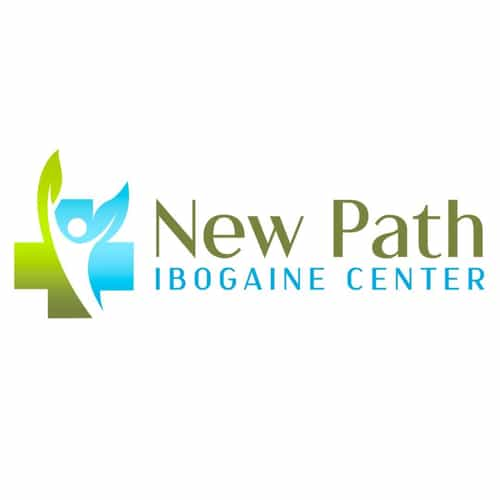
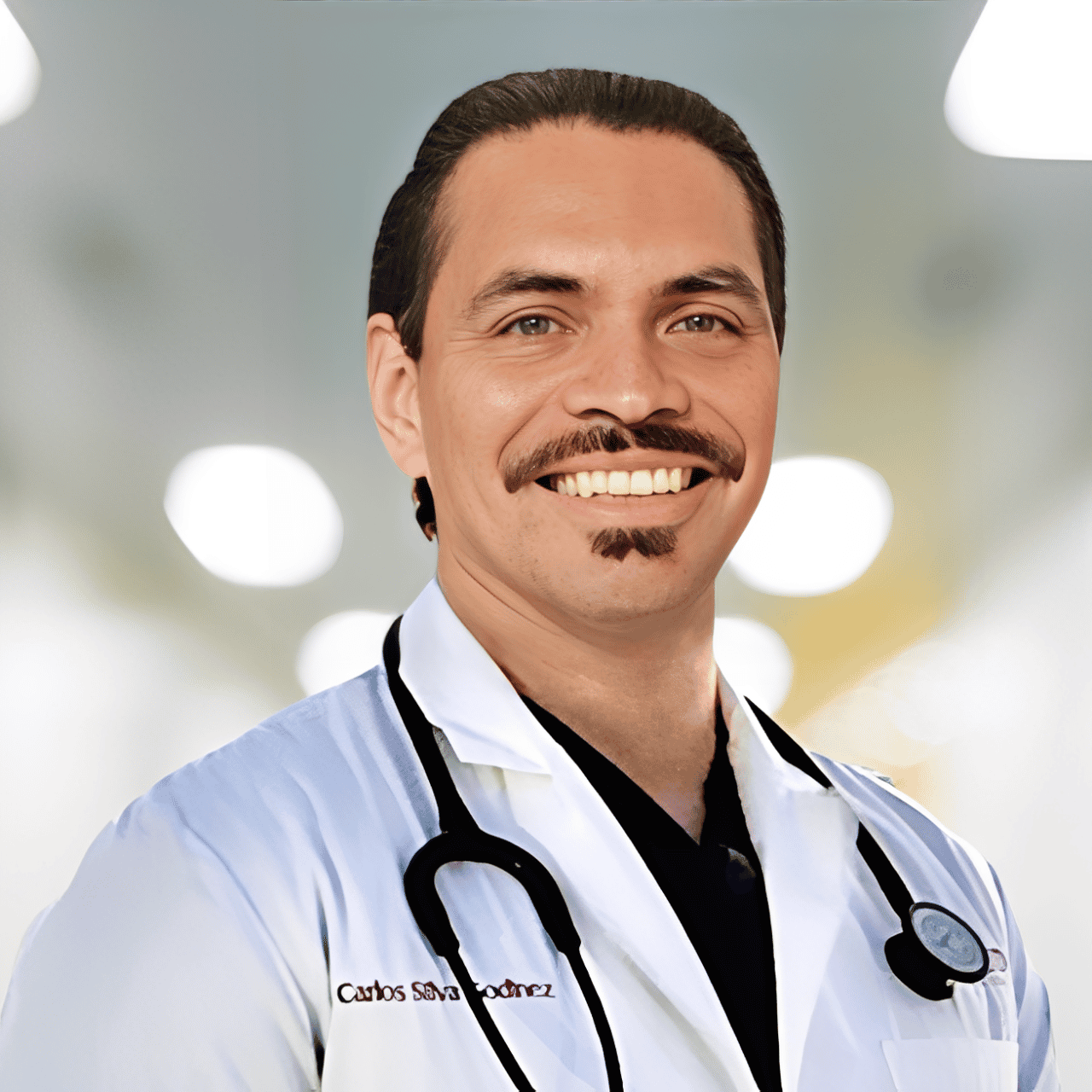
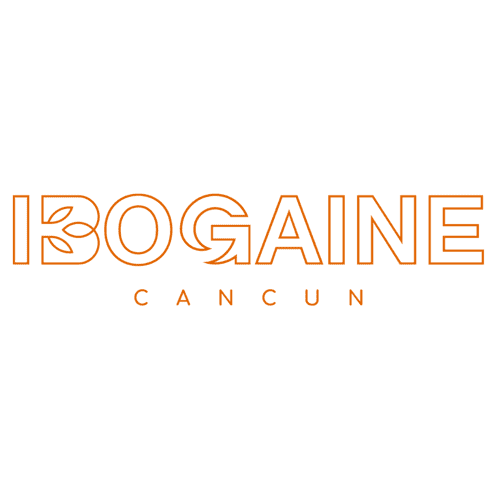
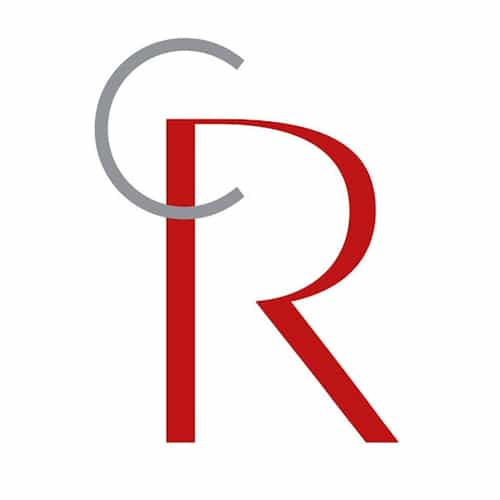
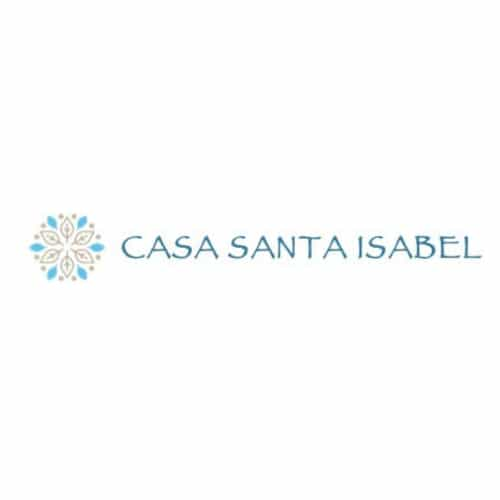
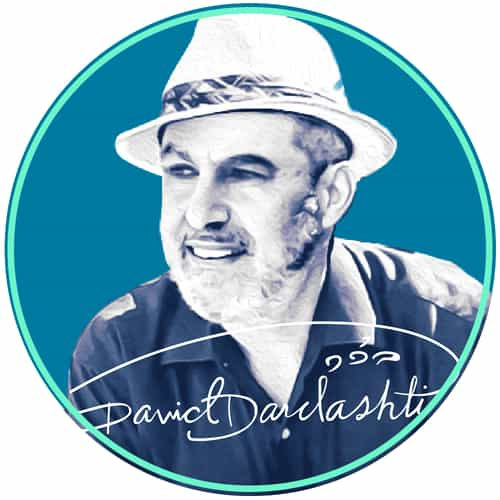
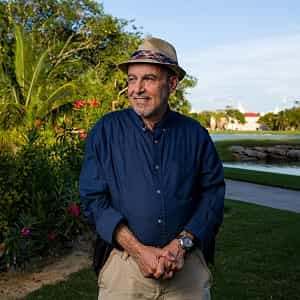
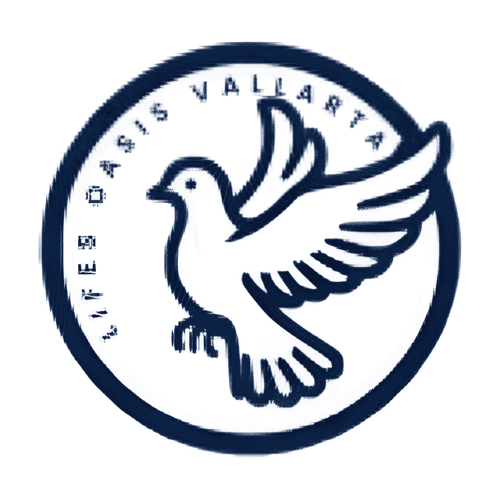

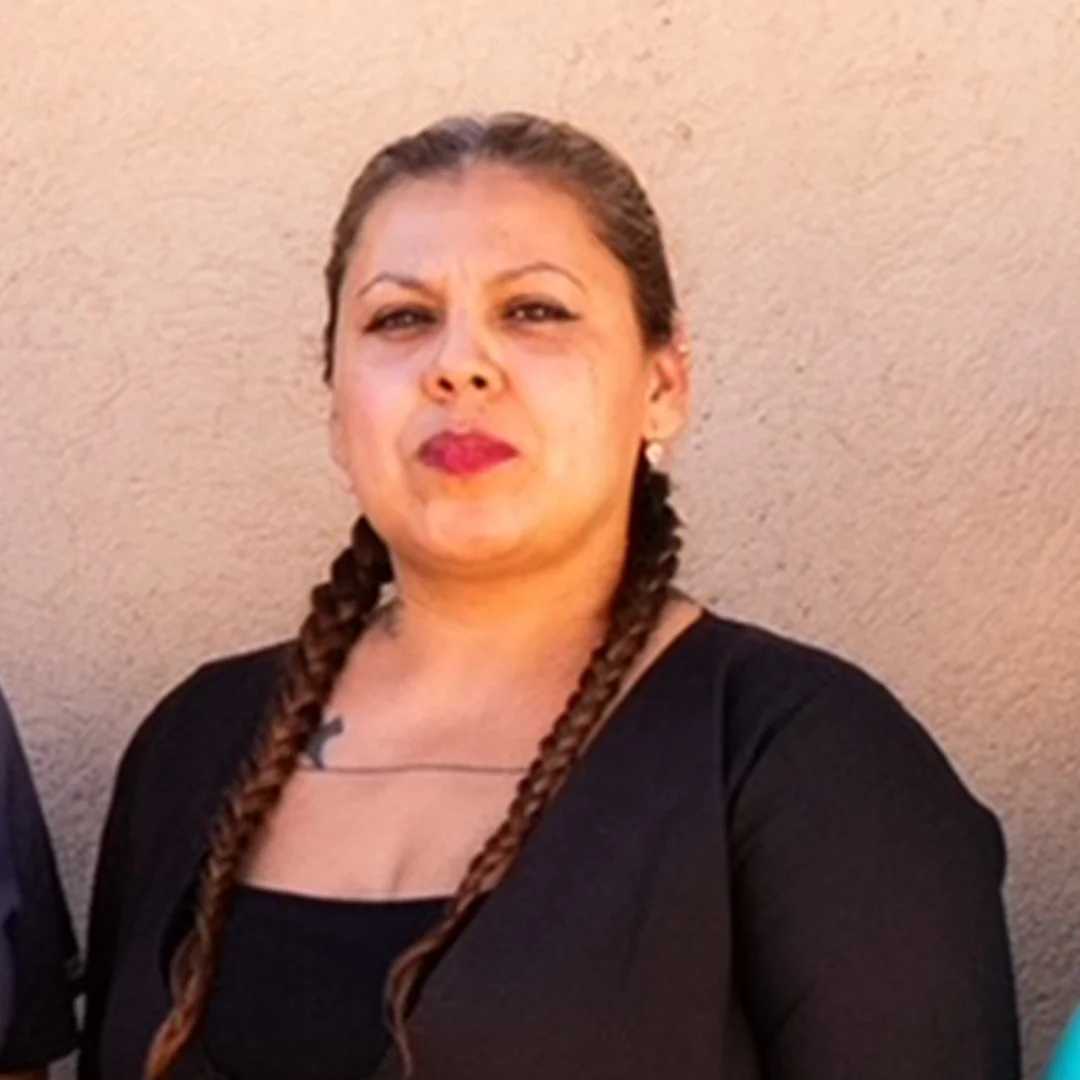
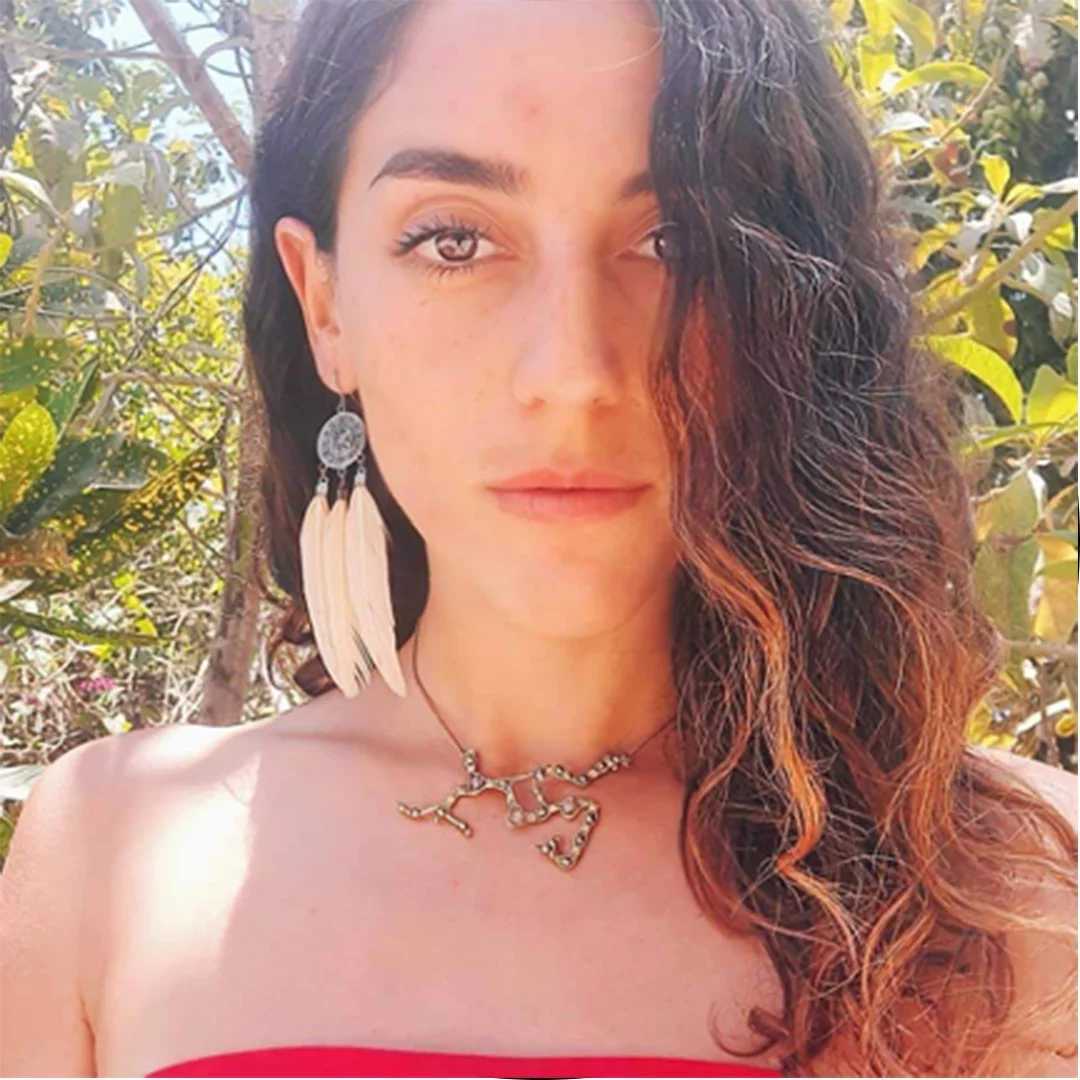
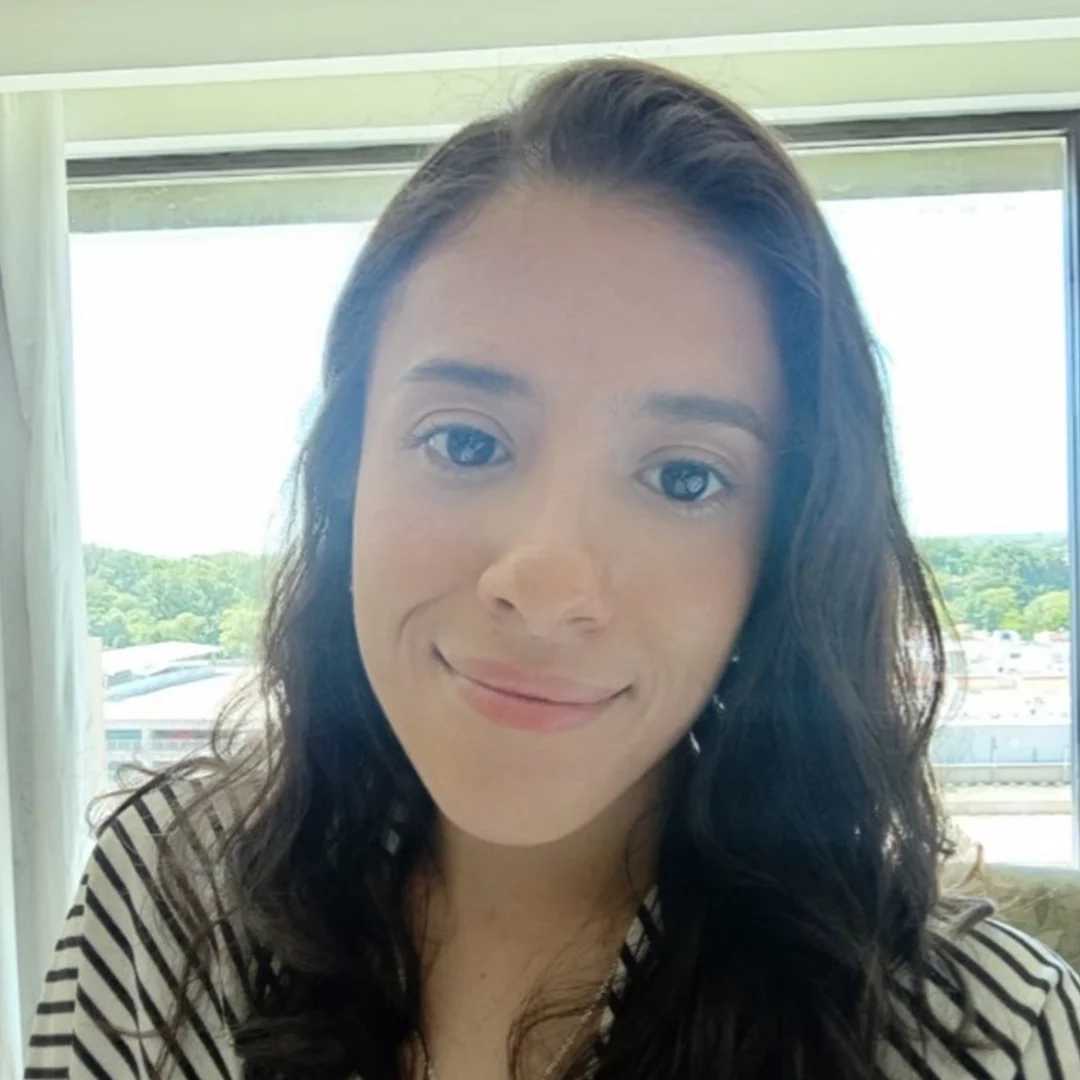
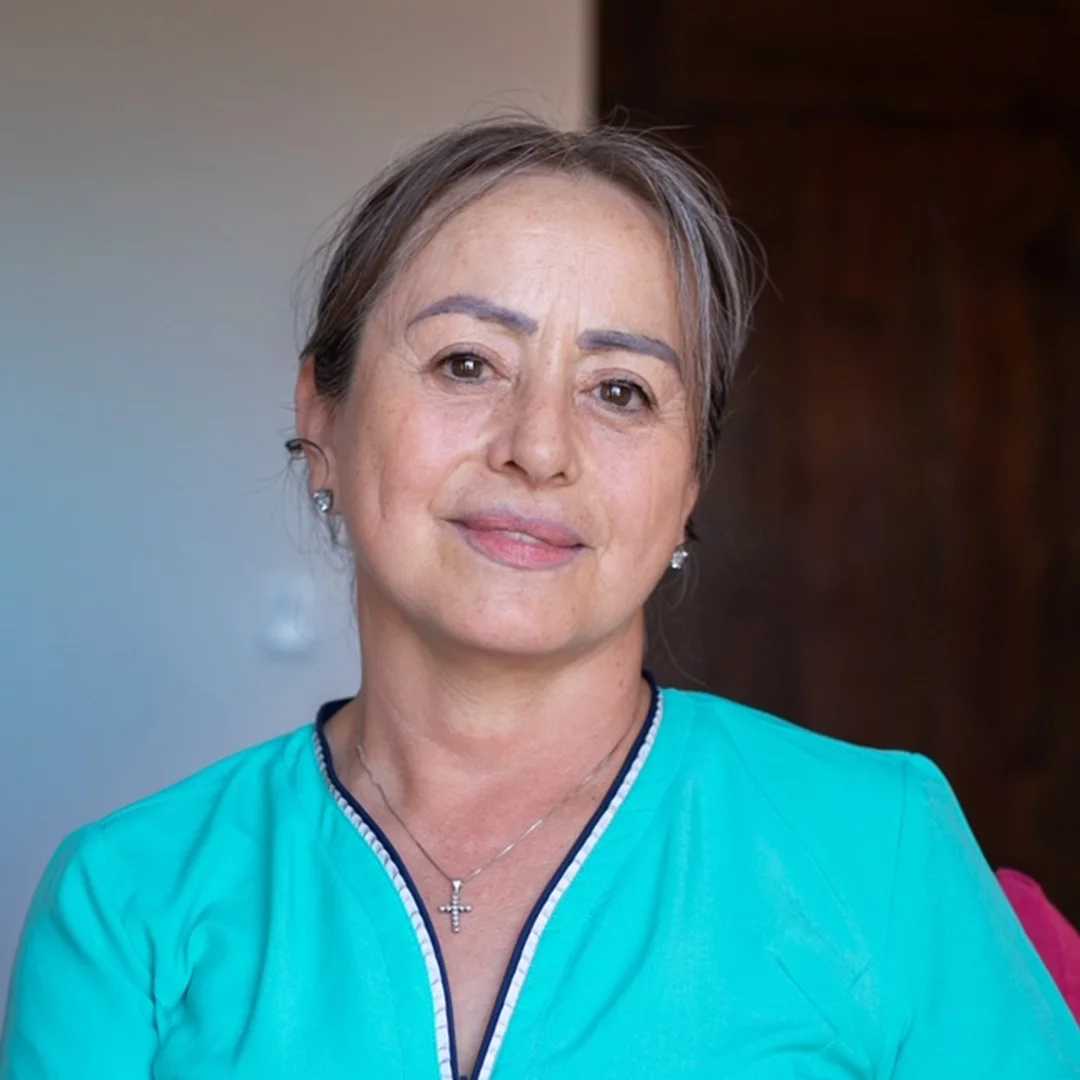
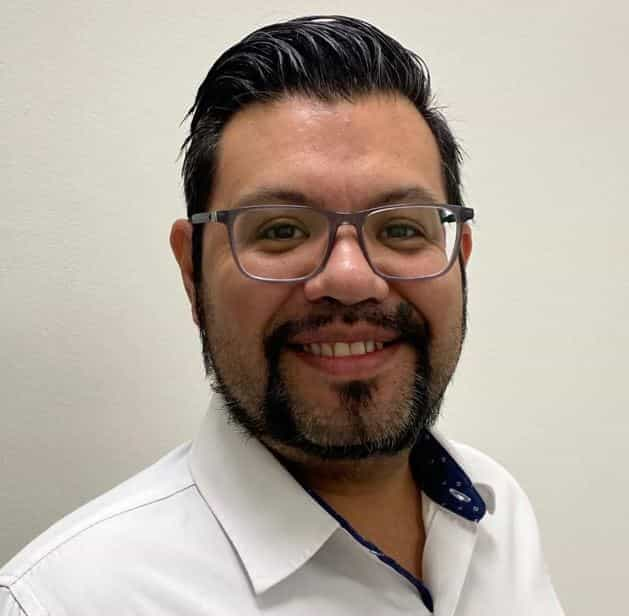
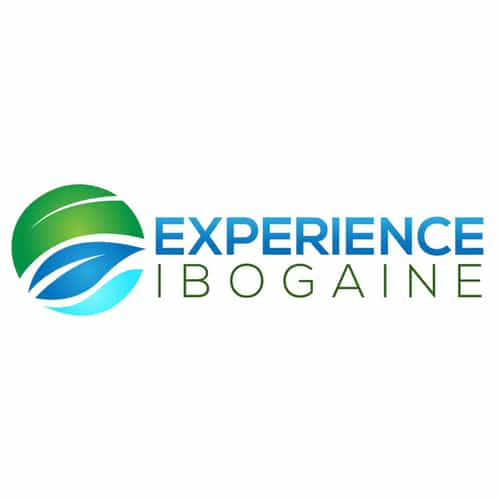
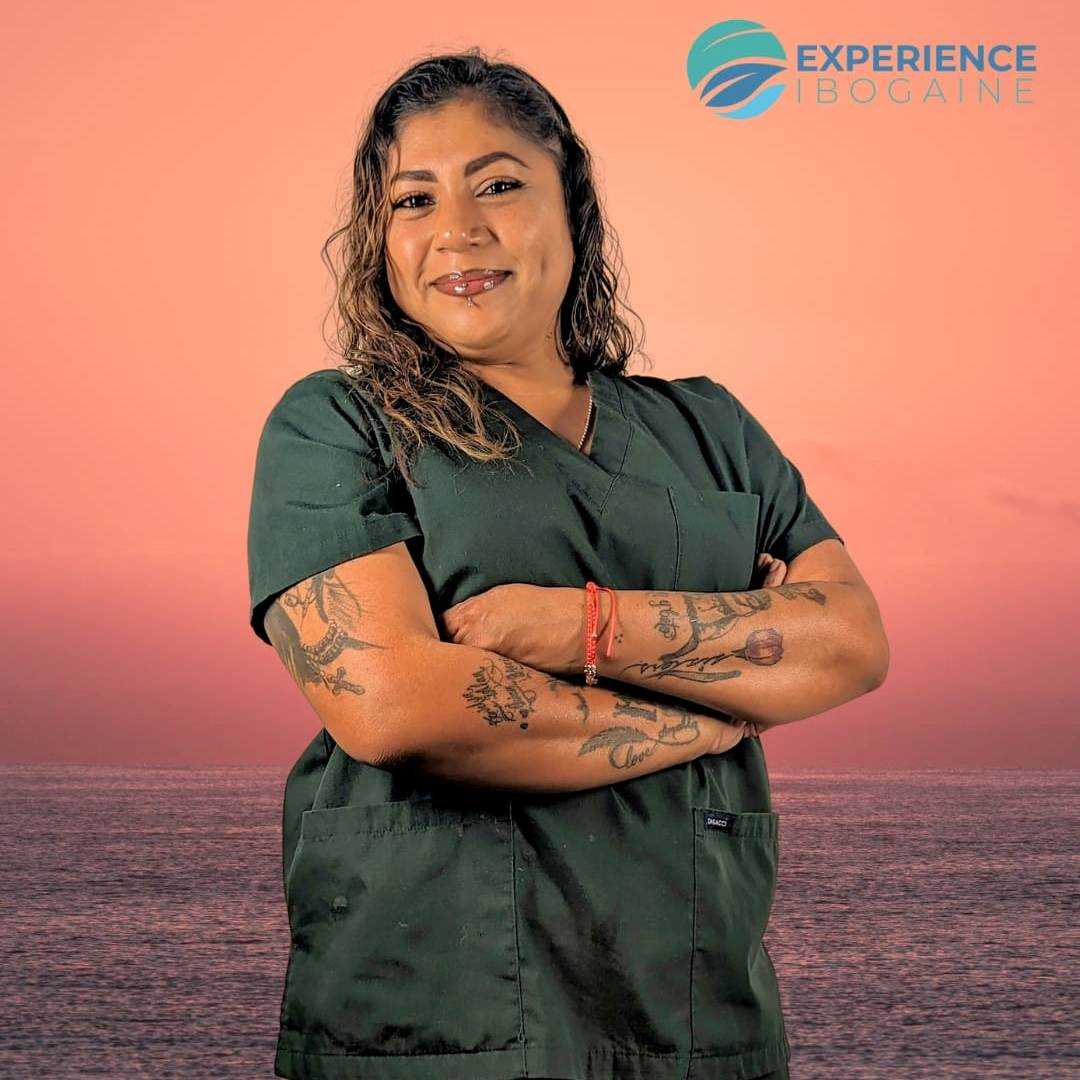
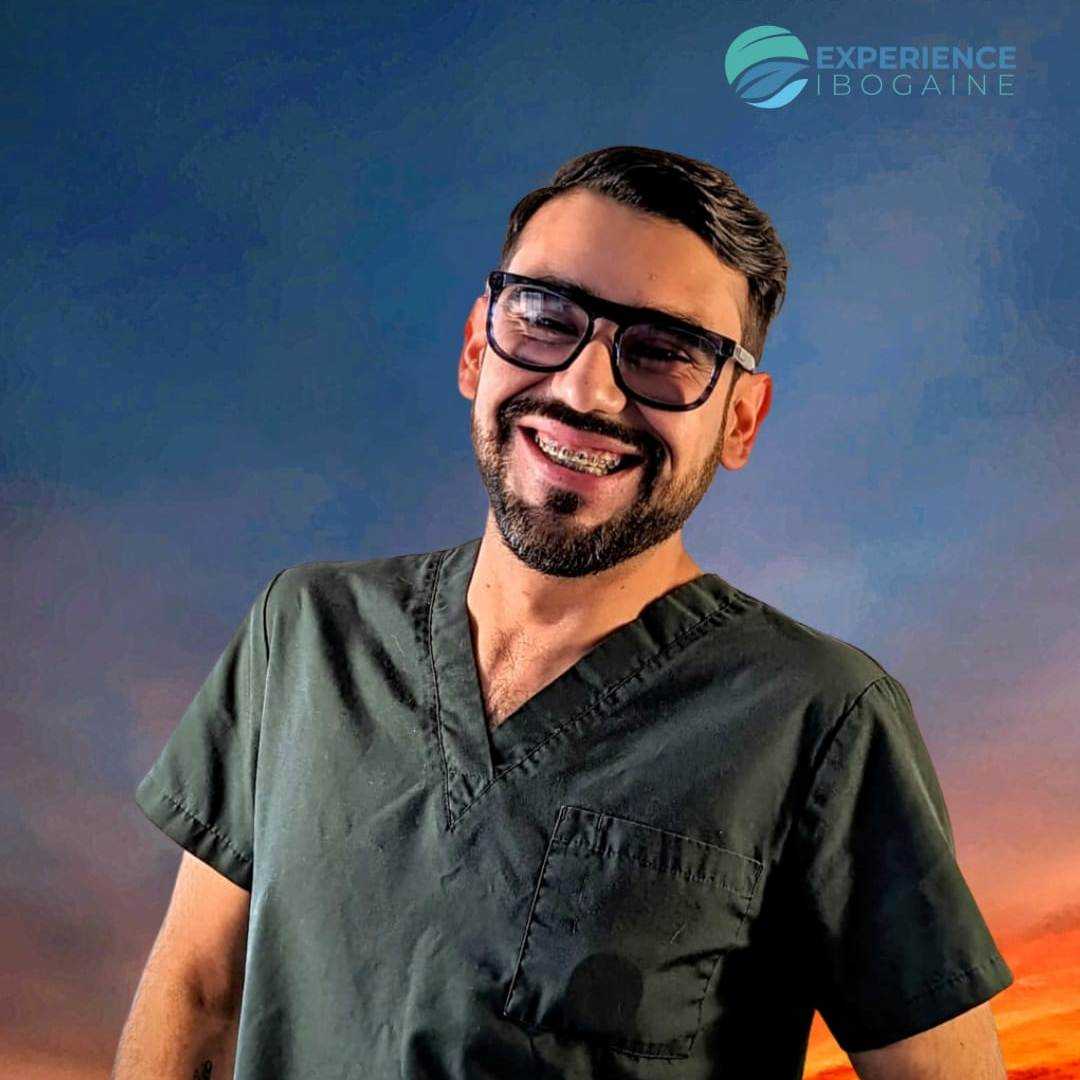
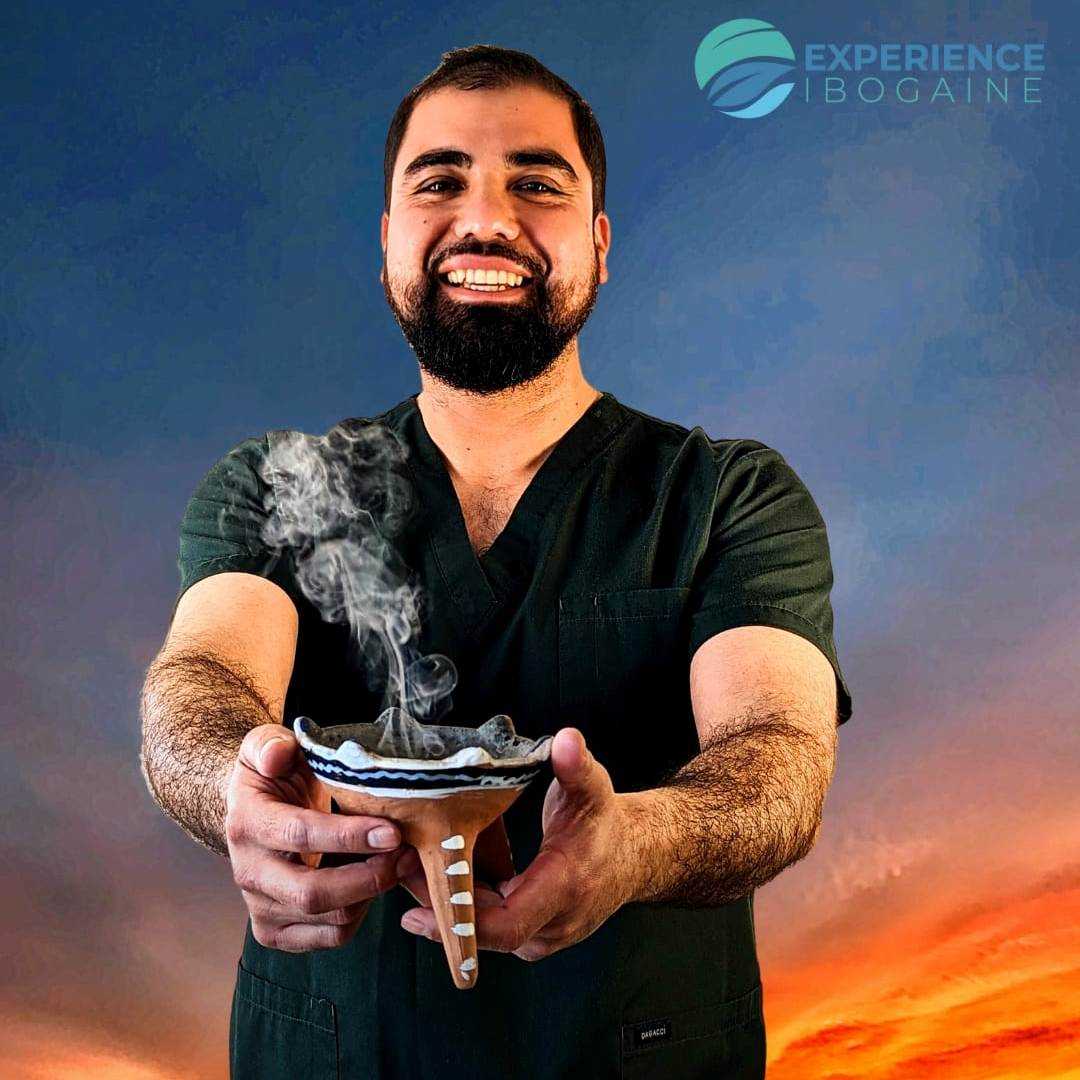
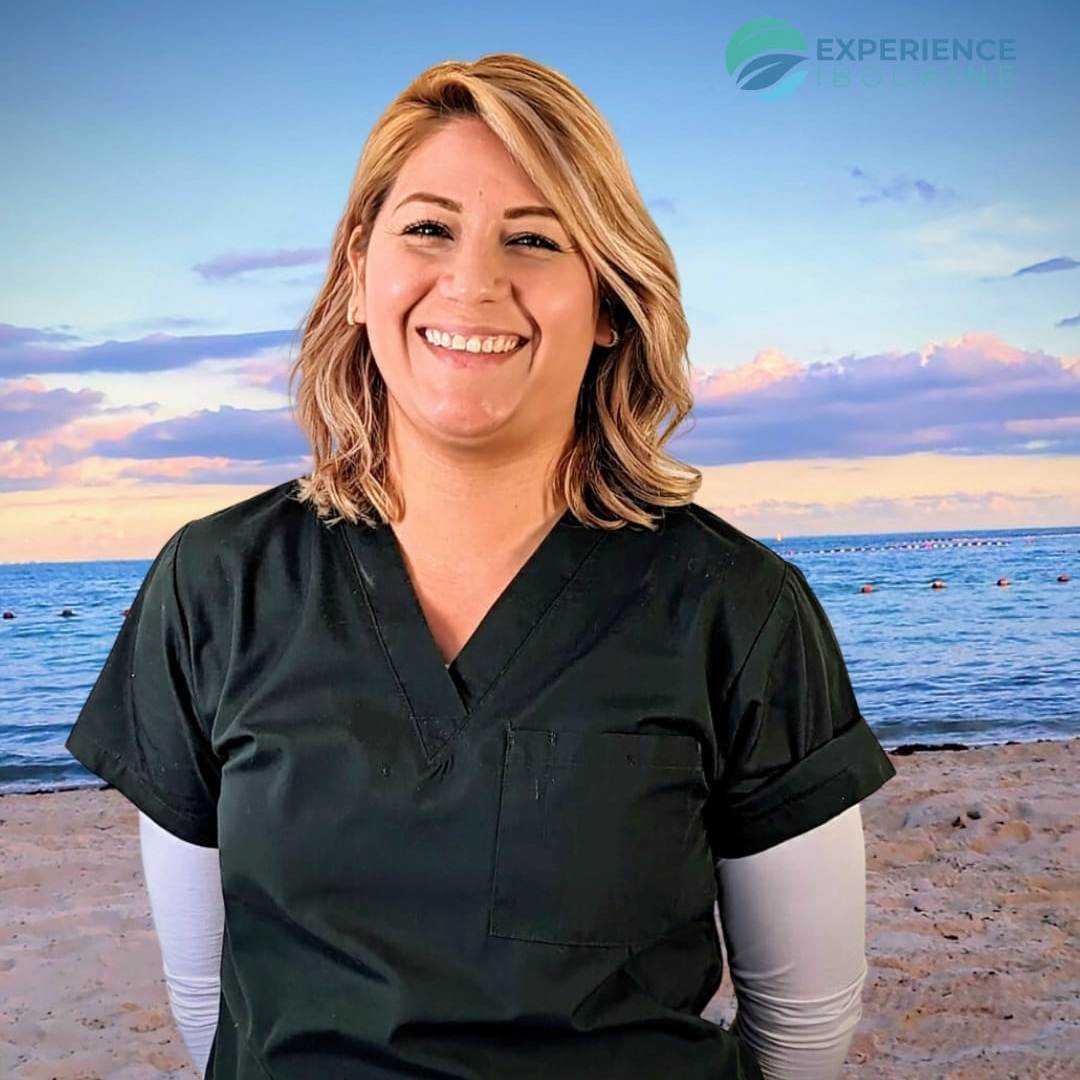
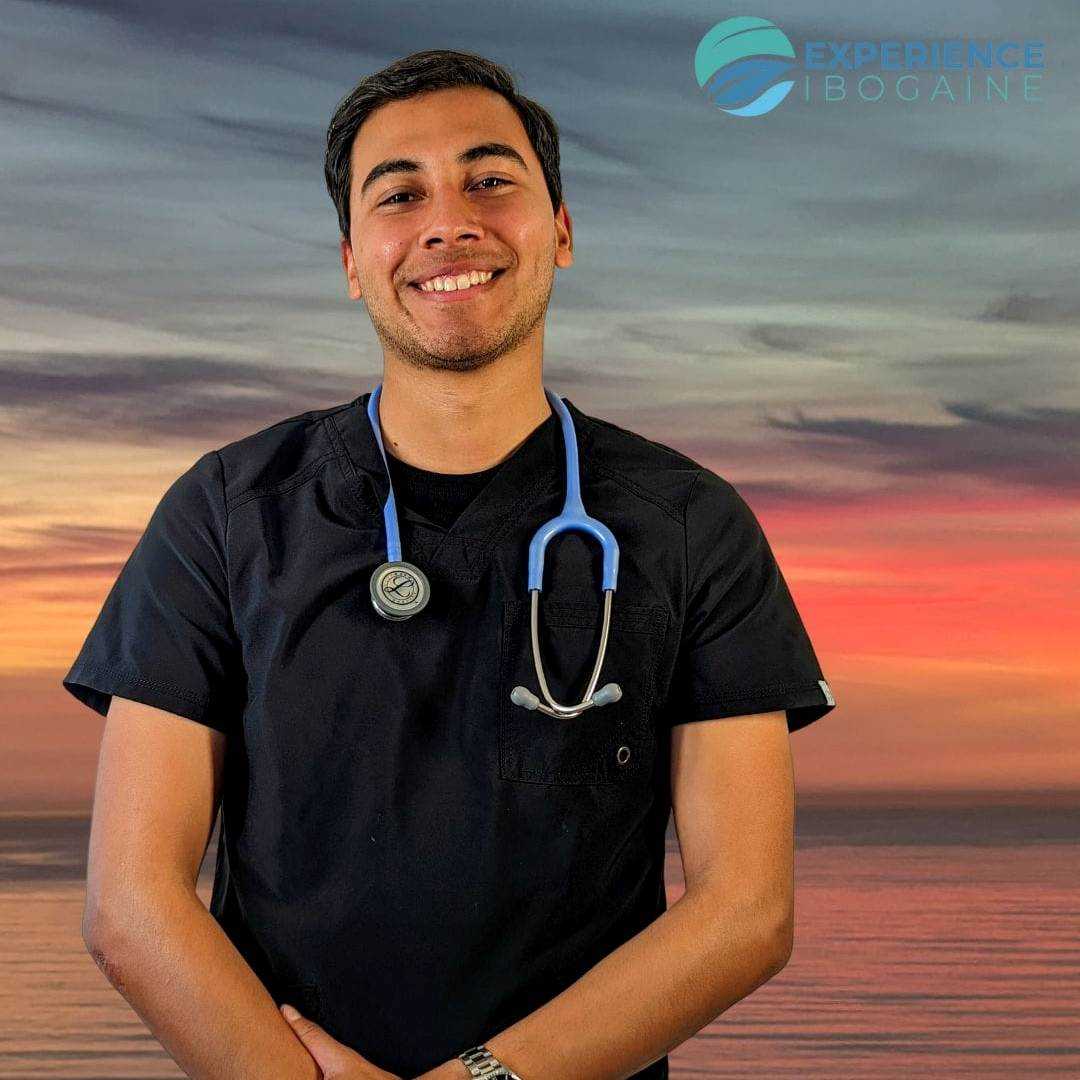



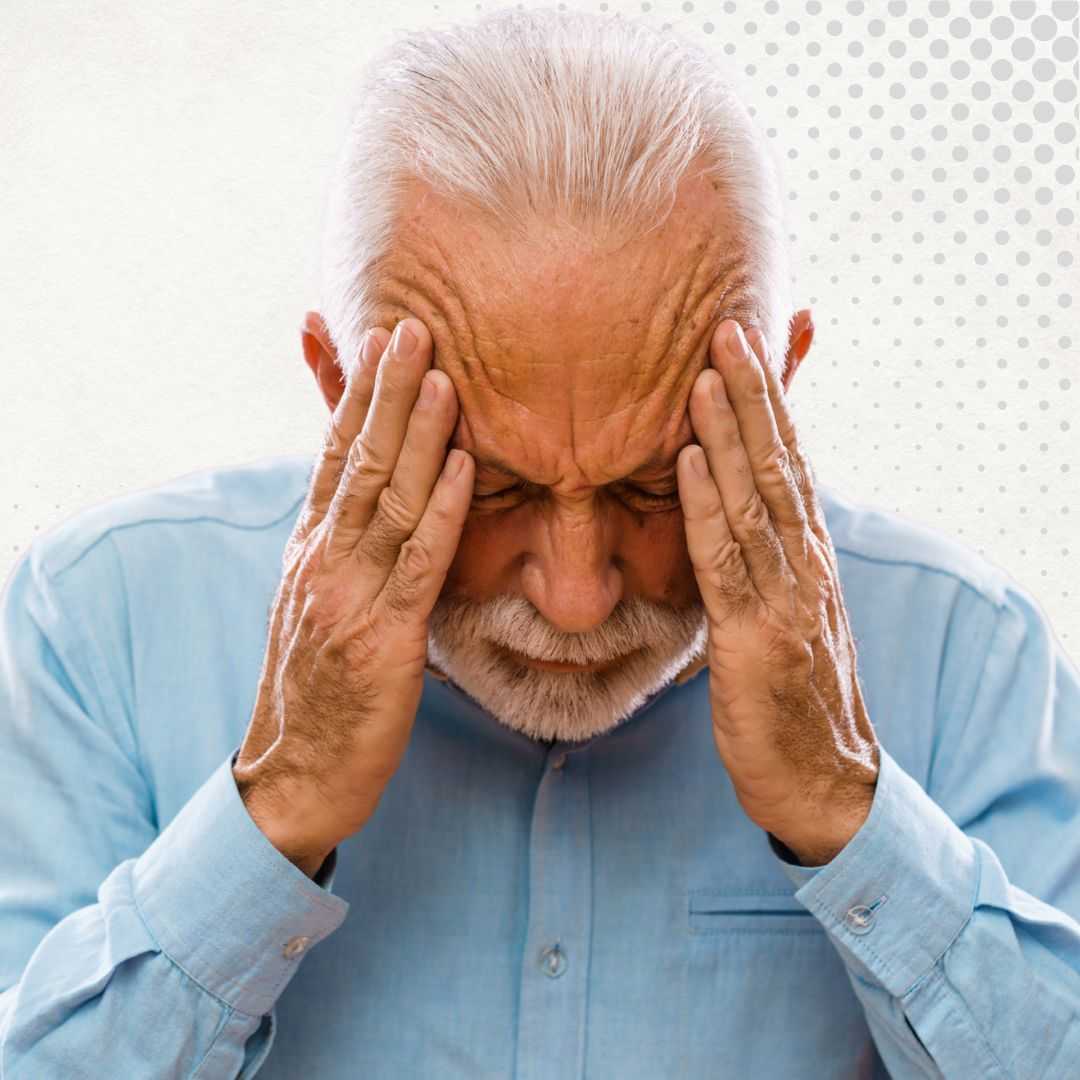


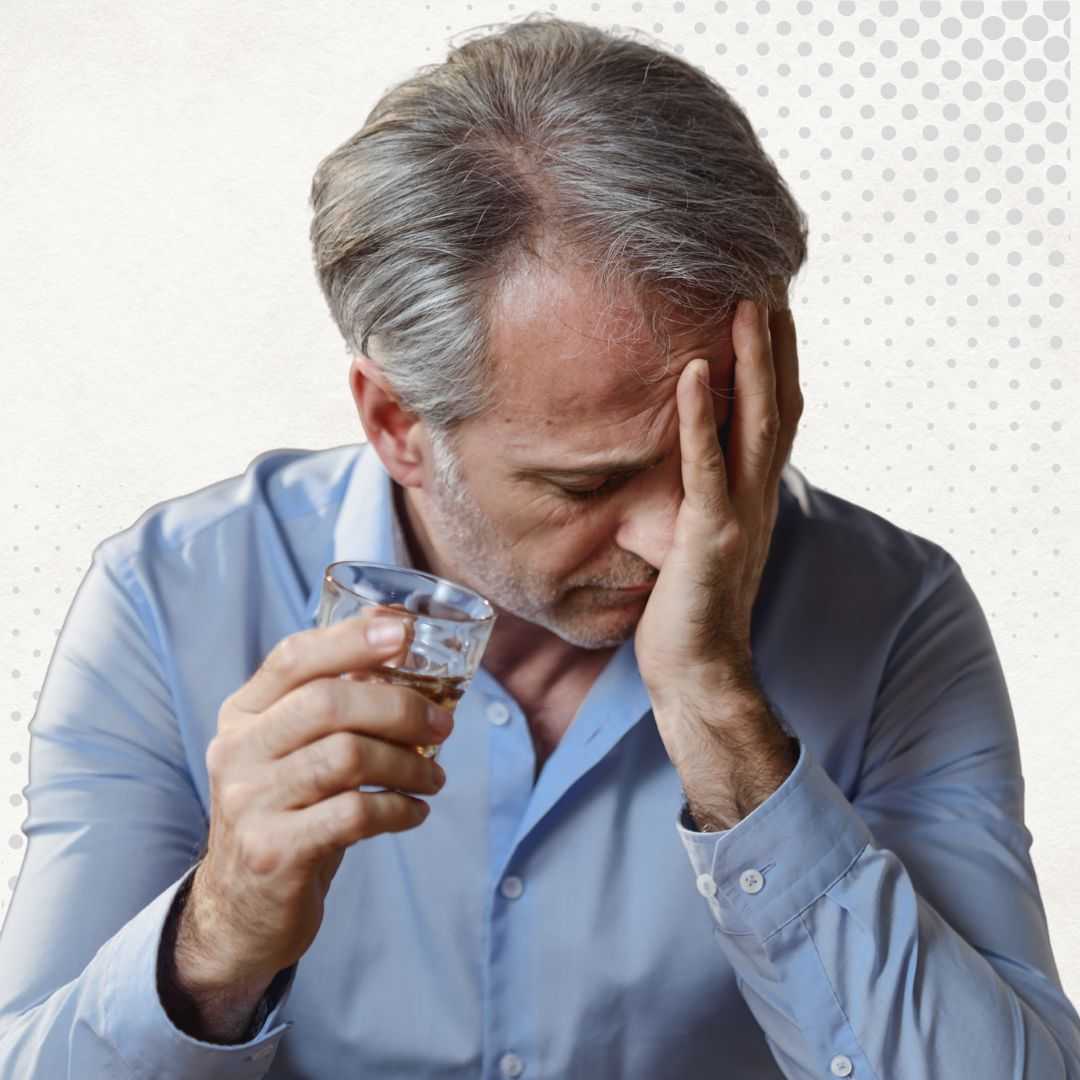
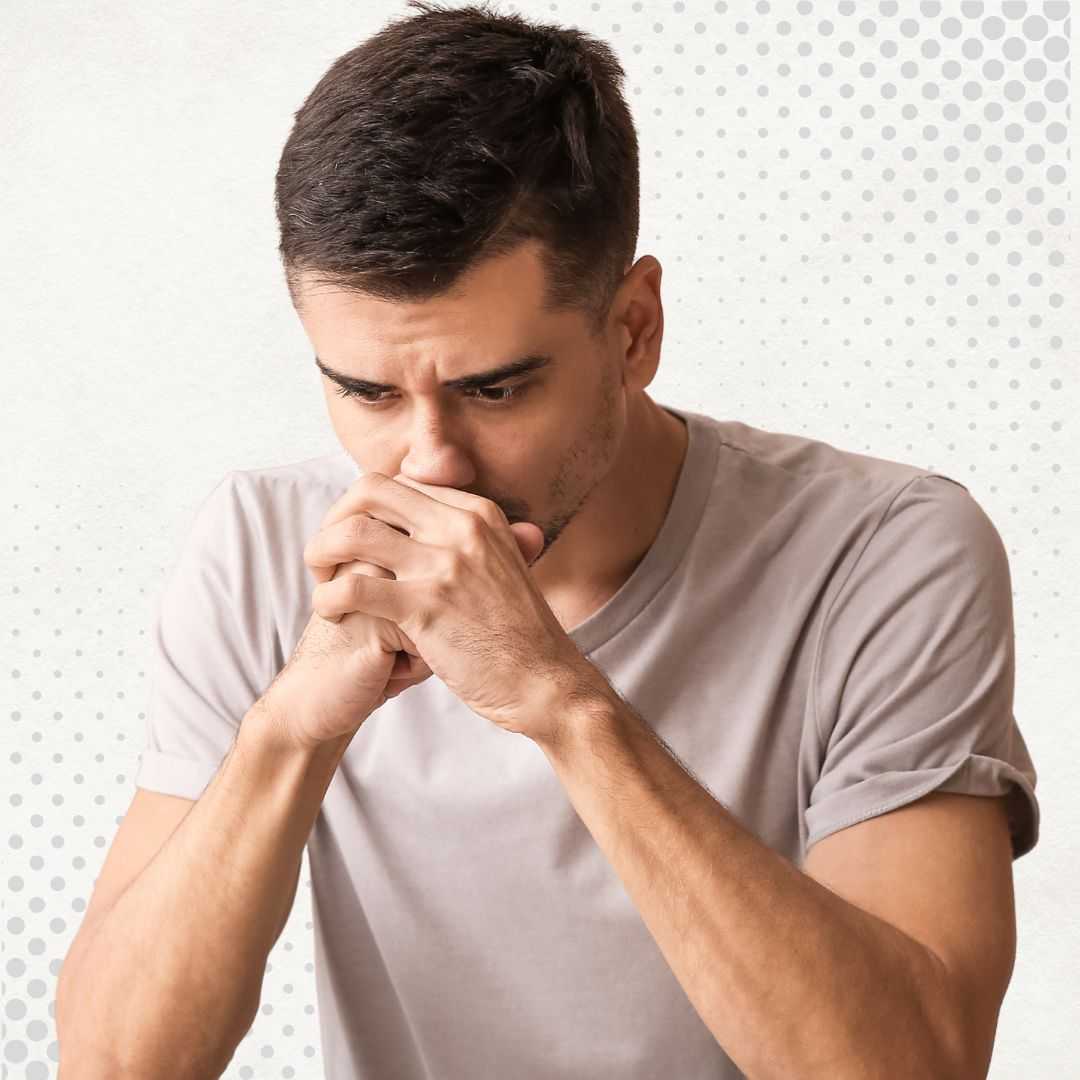

I recently had the privilege of undergoing treatment at the IBOGAINE Cancun, and I can confidently say that it was a life-changing experience. From the moment I stepped through their doors, I felt welcomed, supported, and in the hands of true professionals. The facility itself was clean, comfortable, and provided a serene environment that allowed me to focus on my recovery. The staff members at IBOGAINE Cancun were not only highly trained but also compassionate and genuinely committed to helping each patient on their journey to recovery. One of the most unique aspects of this rehab center is their use of ibogaine, a natural plant-based substance known for its potential in treating addiction. The medical team at IBOGAINE Cancun thoroughly explained the science behind ibogaine and its potential benefits, which gave me the confidence to proceed with the treatment. During my stay, I was consistently monitored by the medical staff, ensuring my safety and well-being throughout the process. The treatment itself was profound and transformative. It provided me with deep insights into my addiction and allowed me to confront the underlying issues that had led me down this path. The support and guidance I received from the therapists and counselors at IBOGAINE Cancun were instrumental in helping me process these revelations and set a course for a brighter, addiction-free future. The aftercare program at IBOGAINE Cancun is worth mentioning as well. They provided me with a comprehensive plan for maintaining my sobriety and offered ongoing support and counseling. This extended support network has been crucial in helping me stay on track and avoid relapse. In conclusion, IBOGAINE Cancun is a remarkable place for those seeking a unique and effective approach to addiction recovery. The combination of a comfortable facility, professional staff, and the transformative power of ibogaine treatment makes it a standout choice. My experience at this rehab center was nothing short of life-altering, and I would wholeheartedly recommend it to anyone looking to break free from addiction and embark on a path to lasting recovery.
Read More